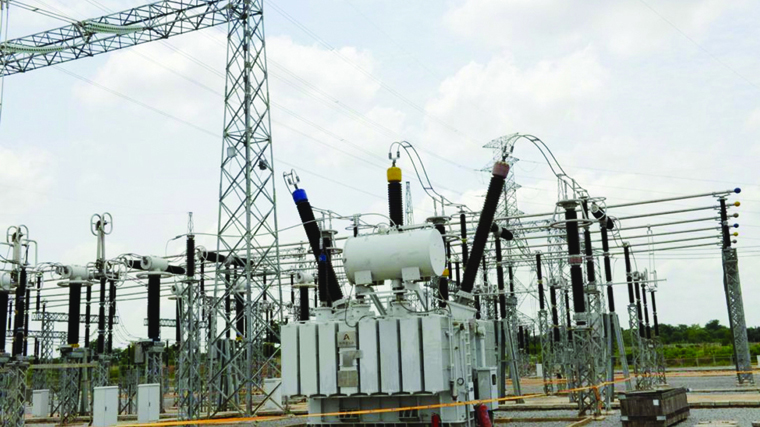Friday June 20, 2025|
Politicians and economic saboteurs may be responsible for the persistent vandalism of critical power infrastructure, the Transmission Company of Nigeria (TCN) said yesterday, noting that a staggering 264 transmission towers have been vandalised between 2024 and the second quarter of 2025.
The agency has described the development as a national emergency, driven by political sabotage, economic motives, and insurgent activity, with serious consequences for Nigeria’s already fragile electricity supply.
Speaking in Abuja, the General Manager of Transmission Service at TCN, Ali Sharifai, said 86 towers were vandalised in 2024, 26 of which were destroyed, plunging several communities into total blackout.
The trend has escalated in 2025, with 178 towers targeted in just the first six months across all six geopolitical zones. The Port Harcourt region recorded the highest number of incidents, with 17 acts of vandalism affecting 72 towers. Kaduna region followed, with 35 towers affected in just two incidents. Other affected regions include Kano (29 towers), Enugu (16 towers), Abuja (11 towers), Lagos (9 towers), Osogbo (3 towers), and Shiroro (3 towers).
Beyond vandalism, TCN also cited natural disasters as a growing threat to transmission infrastructure. In May 2025, six towers on the Kainji–Birnin Kebbi 330kV international line collapsed due to windstorms and heavy rainfall. Similar incidents affected the Apir–Lafia–Jos 330kV line, highlighting the vulnerability of critical infrastructure to climate-related events.
TCN officials outlined three main drivers behind the vandalism, stressing that sabotage, political motivations, and economic incentives were fueling the vandalism of the infrastructure.
They said that in the North-East and South-South, insurgency and youth restiveness are cited as key factors. In Port Harcourt, a mix of political and economic interests appears to be behind repeated attacks.
In the Federal Capital Territory (FCT) and its environs, TCN directly blamed the development on political motivation, noting that “critical lines supplying Abuja are frequently targeted, including Shiroro–Katampe and Ajaokuta–Gwagwalada 330kV lines to plunge the FCT into darkness,” Sharifai said. Notably, even an underground 132kV line in Abuja’s Central Area has been vandalised.
Sharifai disclosed that in other regions, notably Kano and Makurdi, economic motives appear dominant as stolen transmission materials are often sold in the black market or scrap yards, where demand for recycled metals fuels a thriving illicit trade.
He noted that TCN currently operates an expansive transmission network of 8,792 km of 330kV lines and 7,933 km of 132kV lines, supported by over 41,000 towers across the country. He added that the company connects 33 generation stations to distribution companies through 243 substations.
He said that Nigeria’s grid wheeling capacity is officially estimated at 8,700MW, but repeated grid collapses and transmission disruptions have limited actual delivery.
“Resources that should be used for grid expansion and contractor payments are being diverted to emergency repairs,” Sharifai lamented.
In response to the crisis, TCN has initiated community engagement programmes in high-risk areas as collaboration with some subnational governments has yielded results.
The company is calling for stronger collaboration with security agencies, improved surveillance, harsher penalties for offenders, and legislative support to criminalise sabotage of power infrastructure.
TCN Accuses Politicians, Saboteurs Of Vandalising Electricity Towers
